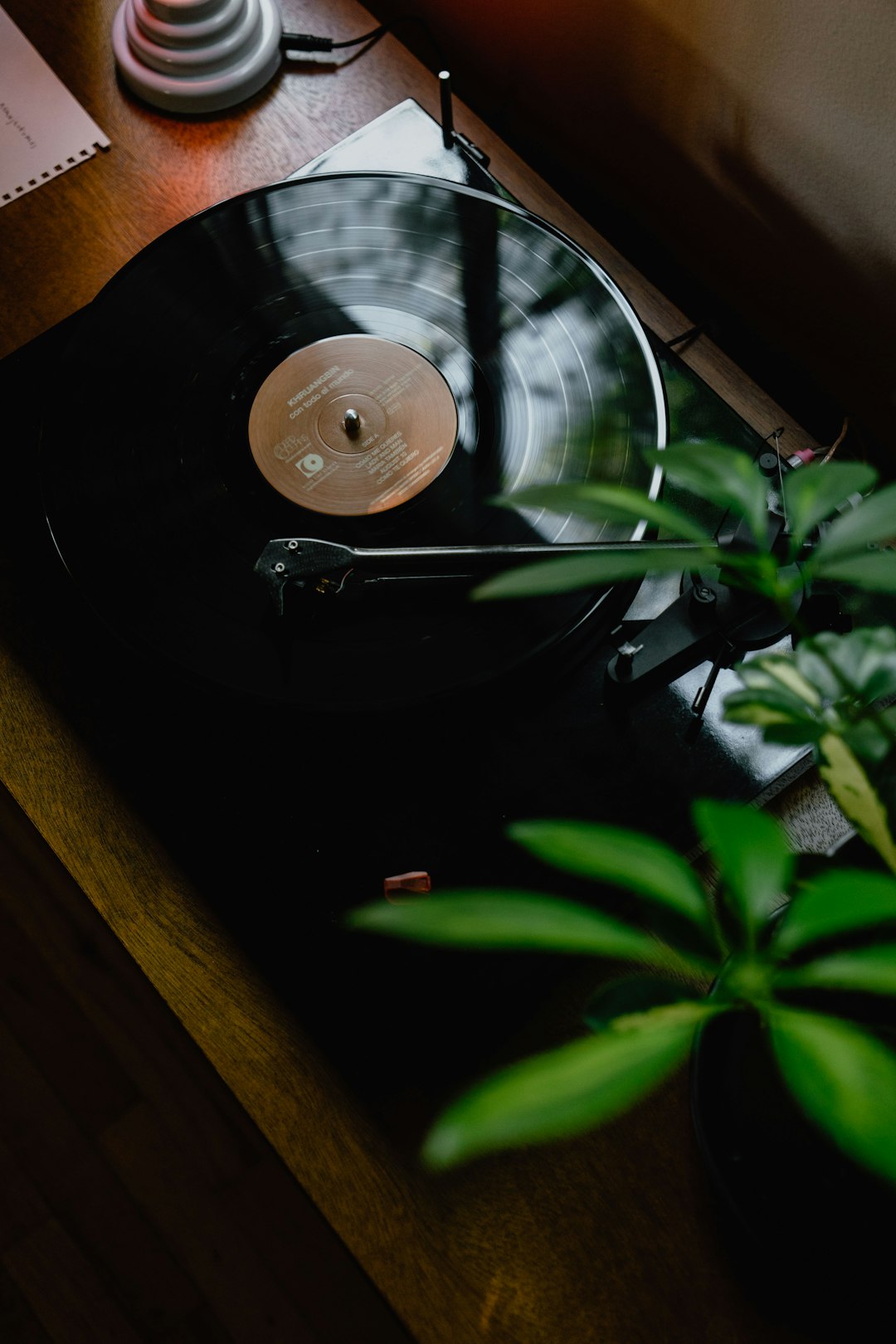The trumpet is a brass instrument played by blowing through it with your mouth. You can learn to play this melodious instrument either through a tutor or on your own. If you choose to teach yourself, the following trumpet lessons will go a long way towards helping you achieve your dream of being a trumpet player.
1. Get a Good Trumpet and the Accompanying Materials
First, you need a trumpet to practice with, and you can either buy or rent one. There may be many trumpets to choose from in the market, but you a simple instrument that will allow you to learn effortlessly. If you are lucky to buy from a shop where the attendant is conversant with trumpets, he or she will recommend a student trumpet. However, you should ensure it is in the B flat key. Other things you may need are a mouthpiece that will help you practice buzzing, valve oil to lubricate the valves, slide grease to lubricate the tuning slides and a trumpet learner’s music book to teach you the notes and scales.
2. Practice Buzzing With Your Mouth
Playing the trumpet involves the basic actions of moving air through the instrument by buzzing your lips and mastering the valve combinations. The first thing you need to know therefore is to position your mouth appropriately. The best way to do this is by saying the letter “M” and prolonging it for a few seconds. Blow through your lips in the same position and practice frequently to master the position as this is the way to play the trumpet.
3. Learn the First Scale
Once you have mastered the lip position you can then pick up your trumpet and blow. You should first inhale through your mouth after assuming the proper lip position. You can then push down each of the three valves as you continue blowing to produce your first notes. You will be able to play different notes by blowing and pressing down certain valves to produce notes of different pitches.
Practicing with your trumpet guide book will enable you learn the first scale which is a succession of notes played in ascending or descending order. If you happen to have braces, you can ask your dentist for a wax job or plastic attachments for ease of lip movement and safety as well.
4. Practice Everyday
Once you have learned the first scale you can proceed to learn others and to practice on a daily basis. 15-minute sessions are a good start but you can increase the duration as you get better. To play a note with a high pitch, avoid tightening your lips and firm the corners of your mouth instead.
The more you practice, the more you will enjoy the sessions and more often than not you will find yourself playing for longer. Within no time you will know how to play the trumpet and you may even be able to play a few popular songs. However, if you ever feel like your lips hurt and about to bleed it is advisable to stop playing to avoid further damage. You can resume once your lips have healed.









